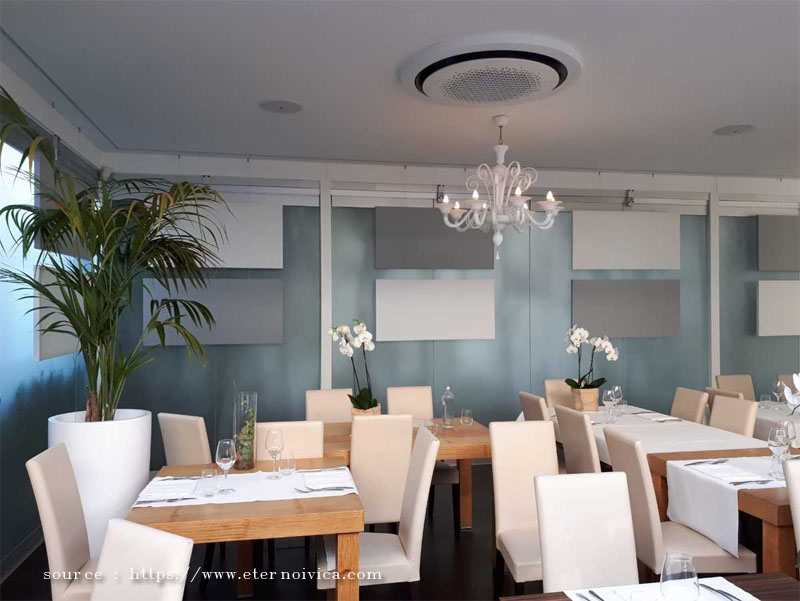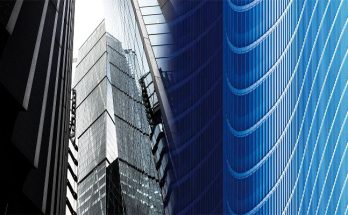We have all undoubtedly seen the damage that water can do to a home or business: One moment, you’re enjoying a hot cup of coffee. The next, it spills all over the carpet. Worse yet, it looks through the carpet’s layer into the flooring foundation, and, if the volume is high enough: Your morning beverage will begin to seep through the ceiling underneath the floor below you, ruining the day for the next person. Even if the damage isn’t as severe, water damage to floors and ceilings can not only leave unattractive flaws in ceilings; it could pose a problem for later, with long-term mold, rot, and a list of potential damages. You can search online for any waterproof Ceiling Tile for you to check out.

As the title suggests, this particular type of tile is designed to stop liquid from seeping in, wherever the source is, to the room below it. This type of tile offers many benefits as compared to traditional ceiling tile, ranging from a safe and economical ceiling finishing material, to various sanitation and preventive health benefits.
While there are many materials to choose from, a common and economical option is choosing tile made from PVC. PVC is a common, strong, and lightweight material most often found in plumbing, and can withstand a multitude of wear for a long period of time. According to Wikipedia, PVC provides a safe, economical option to plumbing, flooring, and many other applications. When used in ceiling tiles, it provides a convenient, low-cost method to make your ceiling completely waterproof, with minimal installation times.
These tiles also offer a very important key benefit: the ability to resist mold and mildew. Mold and mildew are common forms of fungus that parasitically thrive on moisture and other biological resources and cause a vast multitude of grievances. As depicted in this article, it’s no question that mold and mildew can cause extensive damage to anything it comes into contact with. It also poses numerous health risks, with varying levels of severity. Furthermore, getting rid of mold and mildew can be an extremely expensive, time-consuming process that may never completely absolve the area of it. Fortunately, these tiles offer a tremendous benefit of removing the potential for moisture to accumulate in or around the ceiling; Thus, removing a potential breeding source for the various plagues of mold and mildew.
This tile comes in a wide selection of sizes and specifications, as well as various designs to fit the contractors’ needs. Small and medium-sized contractors can choose from a variety of semi-local vendors, such as Lowe’s, Menard’s, or Home Depot, each offering a wide variety of tile with various shapes, textures, and waterproofing layers at various low-budget prices. Larger contractors, such as office building construction companies may choose specific fabrication vendors with negotiated prices; Such applications mainly revolve around sanitary-critical applications, such as food service or healthcare. Regardless of the size of the job, this tile offers many benefits as compared to traditional ceiling tile options. This tile is not only light weight and economical, but it provides mold and mildew resistance, and other health and sanitary benefits.




